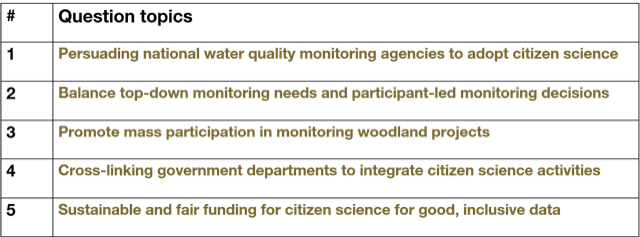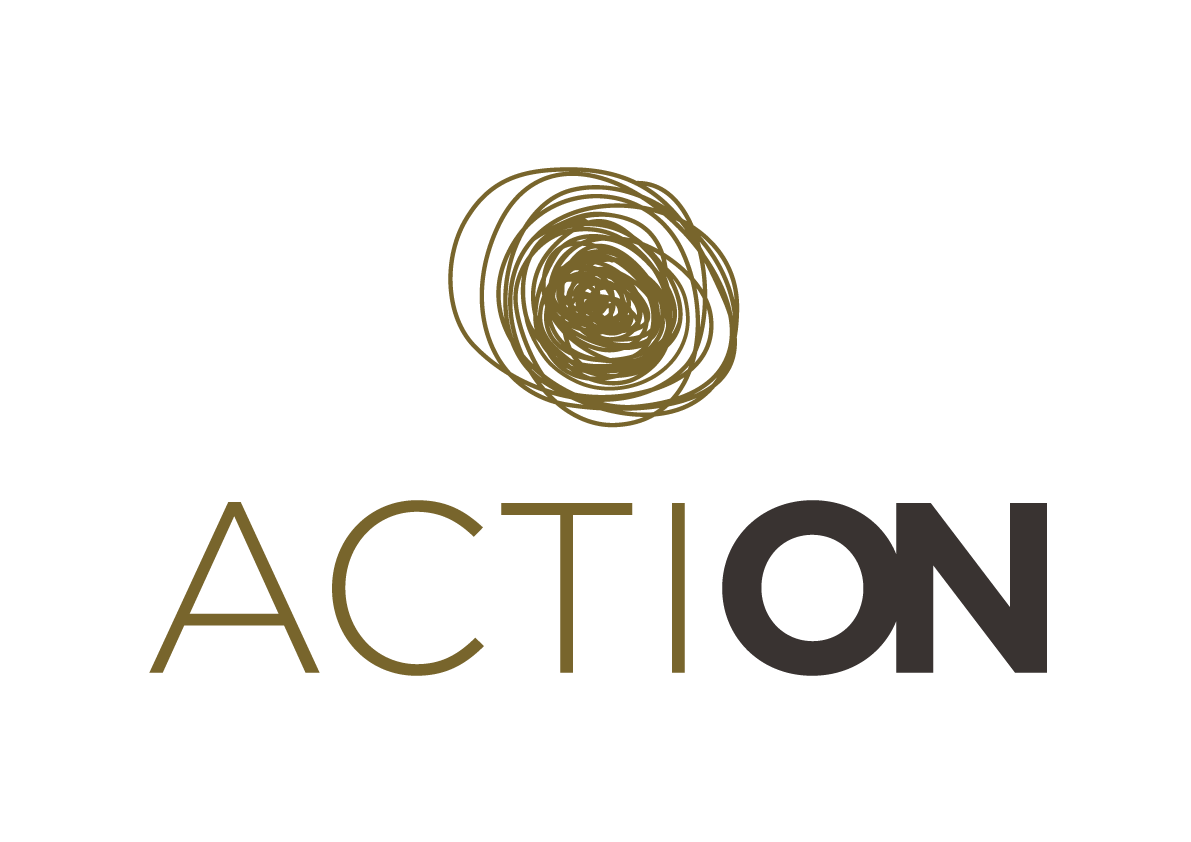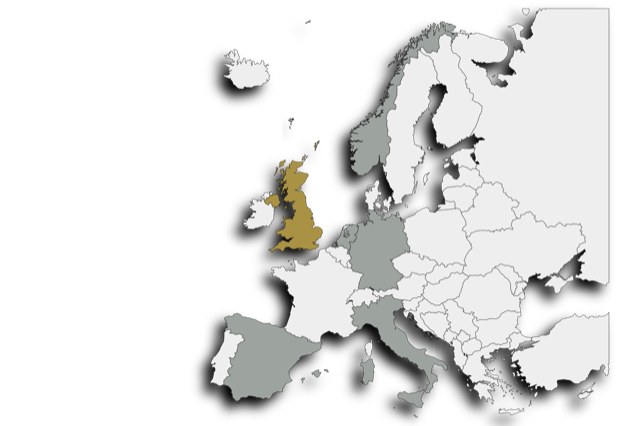On 24 June, ACTION held its third masterclass to leverage citizen science for policy, this time in the UK. In this masterclass, participants pitched citizen science questions, and it showed how diverse the stakeholders involved in citizen science are and how it touches various governmental levels.
This masterclass was shaped differently than ACTION’s previous two in the Netherlands and in Norway. Dr Deborah V. Chapman, Dr Chris Cheffings, Dr Louise HIll, Dr Michael J.O. Pocock and Dr Sarah West each pitched a question on a policy-citizen science related question.
So MANY questions
The pitches touched various subjects- such as how to increase mass participation in citizen science projects for monitoring, how can national monitoring agencies be persuaded to adopt citizen science to help monitor, on how to balance top-down monitoring needs, and participant-led monitoring decisions, cross-link governmental departments to integrate citizen science activities, and about sustainable and ethical funding for good and inclusive data.
So how diverse is citizen science …?
Citizen science is diverse on various fronts. As a practice it involves various stakeholders- scientific researchers, members of the public, and if involved in policy processes- policy actors. It is funded by different funders- government, research councils, trust and foundations. It is mentioned in many various forms, across departmental sectors – e.g. through UKRI, policy/vision documents (e.g. mentioned briefly in the 25- year environmental plan).
What are its diverse needs?
Citizen science’s diverse set of stakeholders represents a challenge for its realistic and ethical funding, and for its mainstreaming as a policy tool for policy actors. For citizen science to be a realistic tool for policy, funding needs to cover the full cost of what a citizen science project for policy includes e.g. verification of data and where data will go. Funding for citizen science should weigh inclusion as much as data returns, so that the full breadth of citizen science as a practice can be leveraged for policy. Citizen science is a practice interesting to policy makers for the data it can contribute, however its capacity to engage members of the public is often not prioritized to the same extent. Participants of the masterclass suggested that the different types of funding should be brought together to achieve realistic and ethical funding. In addition, participants mentioned that a vision for and evidence of citizen science diverse forms of impacts can help integrate the various governmental departmental citizen science initiatives and help its uptake by policy makers to help for policy making.
These were some insights of the UK’s masterclass on leveraging citizen science for policy. The next masterclasses will be in Spain, Italy and Germany. Register your interest to facilitate citizen science in any of these countries via this form!


